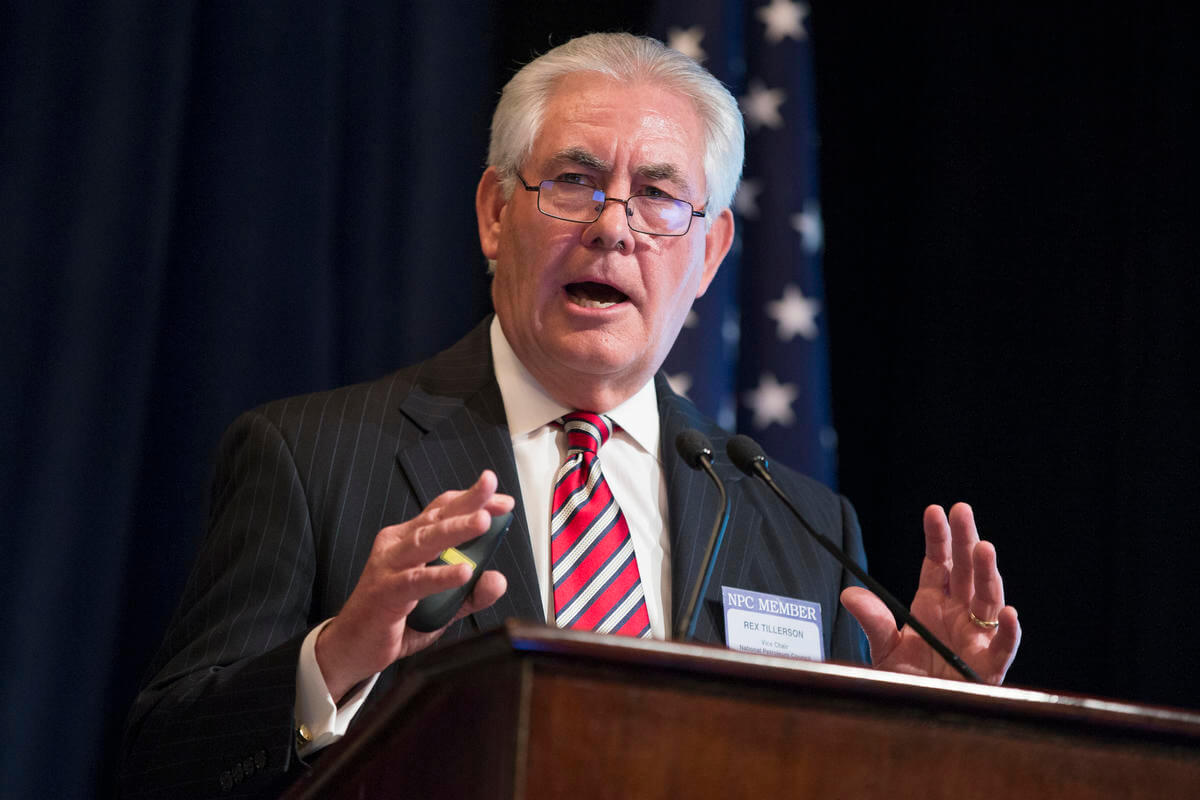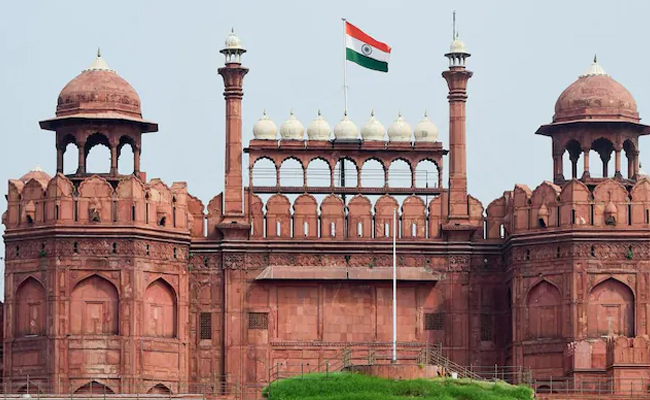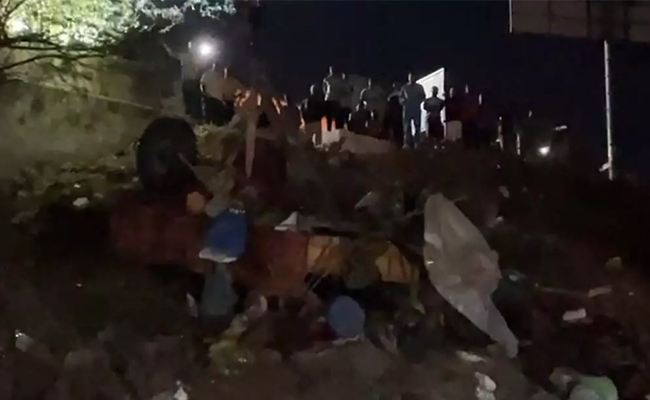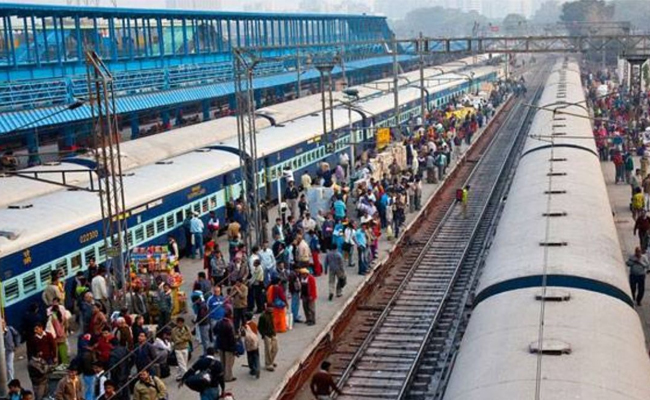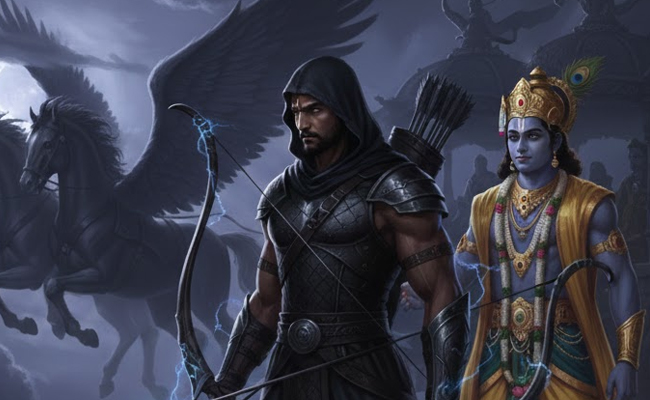Moscow: Russia is ready to serve as a mediator between North Korea and the US if both sides agree, Kremlin spokesman Dmitry Peskov has said.
"You can't become a mediator between two countries just on your own will. It is impossible, you need both sides to be willing," Peskov told CNN on Tuesday.
Peskov's comments came just days after the UN Security Council unanimously adopted a new set of US-drafted sanctions on North Korea in response to its November 29 ballistic missile test.
US Ambassador to the UN Nikki Haley called the latest sanctions as the "toughest yet" as they were aimed to further restrict energy supplies, tighten restrictions on smuggling and the use of North Korean workers overseas.
The vote was unanimous but Russia's Ambassador to the UN criticised the resolution saying that the US had rushed it through with several last-minute amendments that targeted North Korean workers abroad.
The resolution's requirement of a 24-month period for North Korean workers to return home "is the minimum acceptable period necessary to deal with the logistical aspects of the issue," said Russia's Permanent Representative to the UN Vasilly Nebenzia.
"Unfortunately, our call to preclude a further escalation of tensions, to revise the policy of mutual intimidation, was not heeded," he said.
The US also issued sanctions on two North Korea citizens over their alleged involvement in the country's ballistic missile programme.
Meanwhile, during a telephonic conversation with US Secretary of State Rex Tillerson on Tuesday, Russian Foreign Minister Sergei Lavrov said it was "inadmissible" that Washington heightened tension on the Korean Peninsula with "aggressive rhetoric" and military buildup.
"The two sides believe that Pyongyang's nuclear missile development violated the requirements of the UN Security Council", the Russian Foreign Ministry said, underscoring the need for "an early transition from words of sanctions to a negotiation process".
The two top diplomats also considered steps to overcome the conflicts in Syria while maintaining its territorial integrity, including the plan to hold an inter-Syrian national dialogue in Russia's Sochi.
They also agreed to intensify dialogue on issues concerning strategic stability.
Let the Truth be known. If you read VB and like VB, please be a VB Supporter and Help us deliver the Truth to one and all.
New Delhi (PTI): Security was tightened across key religious and heritage sites in Delhi on Saturday, including areas around the Red Fort and parts of Chandni Chowk, following intelligence inputs suggesting a possible terror threat, an official said.
Security agencies issued an alert on a possible explosion threat near Red Fort, a major tourist destination and high-security zone, after Central intelligence agencies indicated that Pakistan-based terror outfit Lashkar-e-Taiba (LeT) has allegedly kept prominent religious places in India on its target list.
Sources said specific inputs suggested that a temple in the Chandni Chowk area could be among the potential targets.
ALSO READ: Artificial intelligence, hologram tech bring 'Arjuna', 'Lord Krishna' at AI Summit
While the intelligence inputs are being verified and assessed, security has been stepped up in and around sensitive religious places and crowded public areas, they added.
Intelligence agencies indicated that LeT could be attempting to carry out an Improvised Explosive Device (IED)-based attack. The alleged plan is reportedly linked to attempts by the terror group to avenge the February 6 blast at a mosque in Islamabad, Pakistan, sources said.
Central agencies and Delhi Police units are maintaining close coordination, and surveillance has been intensified through CCTV monitoring, vehicle checks and deployment of additional personnel at vulnerable points. Bomb disposal squads, dog squads and quick reaction teams have also been placed on standby at strategic locations, they added.
The alert comes in the backdrop of the deadly car explosion near the historic Red Fort on November 10, 2025, which killed at least 13 people and injured more than 20 others. The blast occurred when a car loaded with explosives detonated near Gate No 1 of the Red Fort metro station, igniting multiple vehicles nearby and causing panic in the densely populated area.
Security agencies have urged people to remain vigilant and immediately inform police or emergency services about any suspicious objects or activity. However, officials said there is no cause for panic and that the measures are precautionary in nature.
Further intelligence gathering and verification of inputs are underway, an official said.

